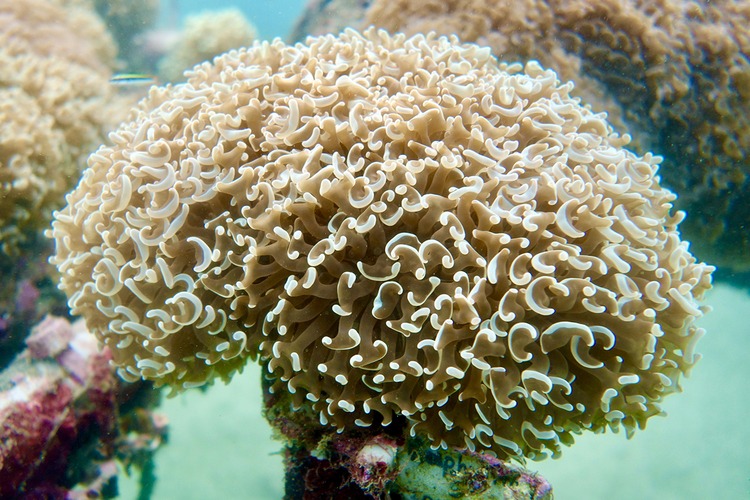The French-Taiwanese project CNP aims to deepen our understanding of the biological characteristics of scleractinians by focusing on their neurobiology.
Scleractinians, or “hard corals,” belong to the phylum Cnidaria, which also includes sea anemones, hydras, and jellyfish. These animals lack a central nervous system or brain but possess a simple and diffuse nervous system.
Like most cnidarian species, these corals are sessile and have developed an efficient neuro-sensory system that allows them to perceive both biotic and abiotic environmental cues.
These species exhibit adaptive mechanisms in response to fluctuating environmental factors, enabling them to regulate their physiological state and deploy defense or immune responses against pathogens.
To date, the biology, and in particular the neurobiology, of corals remains poorly explored. In other cnidarians such as Hydra and jellyfish, studies have shown that neuropeptides—short linear polypeptides released by neurons—play a central role in regulating physiological functions. Identified neuropeptides act as modulators and/or hormones in key processes such as larval settlement and metamorphosis, polyp contraction, gamete maturation and release, and immune responses. Neuropeptides thus appear to be essential elements for understanding cnidarian biology and physiology. In corals, however, only two families of neuropeptides have been studied so far.
The objective of the CNP project is to explore coral biology through the comprehensive identification of neuropeptides using omics approaches, and to characterize their functions, distribution, and expression patterns in response to environmental changes.
The project CNP is funded by the French National Research Agency (ANR).

